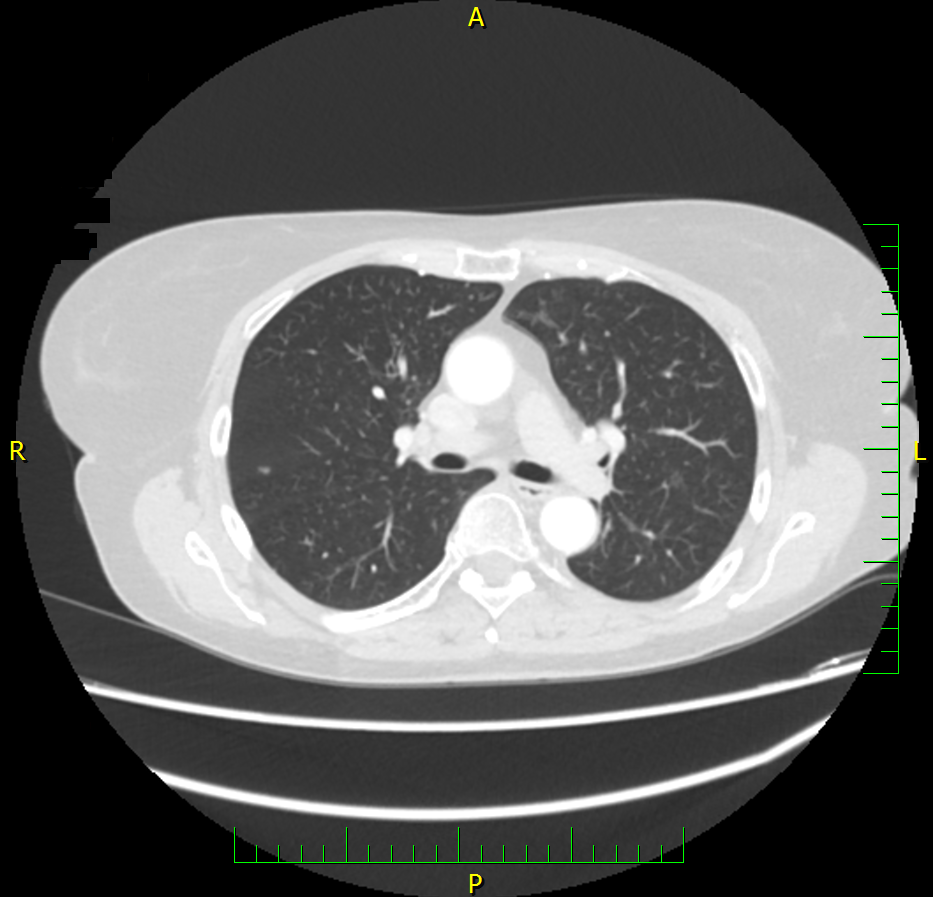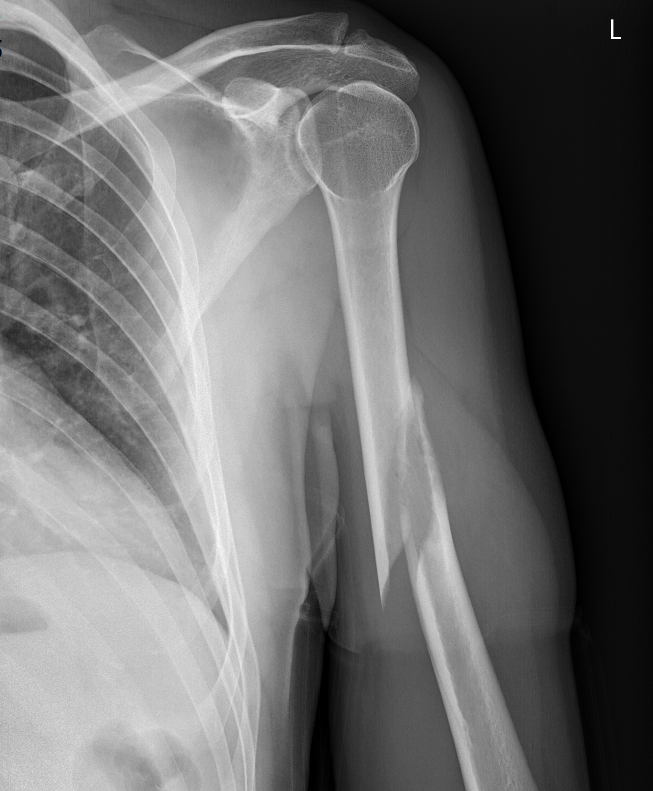Renal Cell Carcinoma
Virtual Patients

The RCC-VP.COM project presents a series of case studies of virtual patients with renal cell carcinoma. The interactive educational content was created for the purpose of lifelong learning of physicians, especially in the fields of oncology and urology, and aims to develop competencies in clinical reasoning. This international project expands the range of on-line learning activities for young doctors to include gamification elements in the lifelong learning process.

- Edu. platform for physicians
- Gamification of medicine
- Virtual patient
- Clinical reasoning
Virtual Patients in Professional Education
Virtual patient is an interactive computer simulation of a real clinical situation or an entire case designed for medical and healthcare education. The RCC-VP.COM project presents case studies in the form of virtual patients and it is available in several languages. They are, in fact, serious games that can be an excellent complement to the traditional forms of education. It is a type of education gamification facilitating the development of specific skills such as clinical reasoning, decision making, and critical thinking. The integration of these computer simulations into the learning process has been repeatedly found to be very beneficial by students and teachers alike1,2,3.
Renal carcinoma is one of the many diagnoses that require interdisciplinary collaboration between at least two medical specialities. In case of this project, it is urology and oncology. The diagnosis is usually made in collaboration between an outpatient urology office (or general practitioner's office) and a cancer centre, where clinical oncologists work together with radiologists and other specialists, if necessary. Interdisciplinary collaboration is thus an absolutely essential condition for effective diagnosis and treatment at all stages.
[1] Lucero KS et al. J Eur CME 2020; 9(1):1836865; doi: 10.1080/21614083.2020.1836865.
[2] Klincova M et al. JMIR Serious Games 2019;7(2):e10155; doi: 10.2196/10155.
[3] Schwarz D et al. J Med Internet Res 2013;15(7):e135; doi: 10.2196/jmir.2590.
The information contained in this Website is provided for informational purposes only. No recipients of content from this site, clients or otherwise, should act or refrain from acting on the basis of any content included in the site without seeking the appropriate legal or other professional advice on the particular facts and circumstances at issue. We expressly disclaim all liability in respect to actions taken or not taken based on any or all the contents of this Website.

